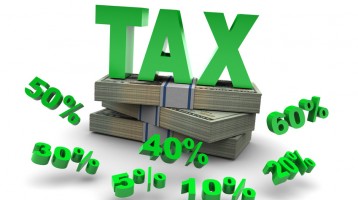The easiest way to think of accounts is that they are like buckets or files in a filing cabinet. Accounts are used for sorting financial transactions and grouping together items (or amounts) of a similar nature.
How you sort your items is determined based upon several factors which include: industry and/or accounting standards, how you might want to see your financial information presented that is important to you, or based upon tax law requirements.
For example, if you are paying bills and need to record what type of expenses you are paying, you would likely place your electric payments into one account and your insurance payments into another. You generally wouldn’t group your utility costs with your insurance costs. However, if you were paying two different types of insurances such as property insurance and an umbrella liability policy, you might decide to group these two together in one account as they are so similar in nature.


